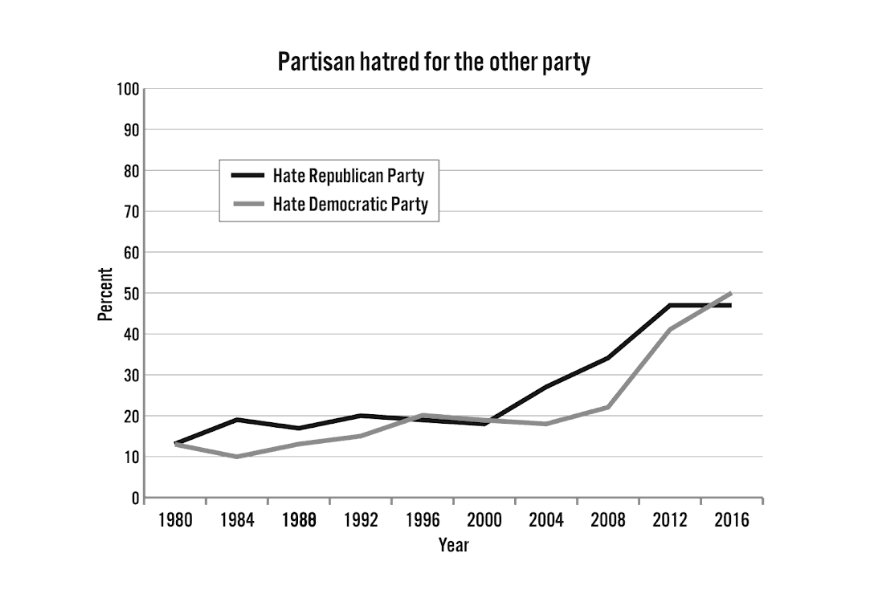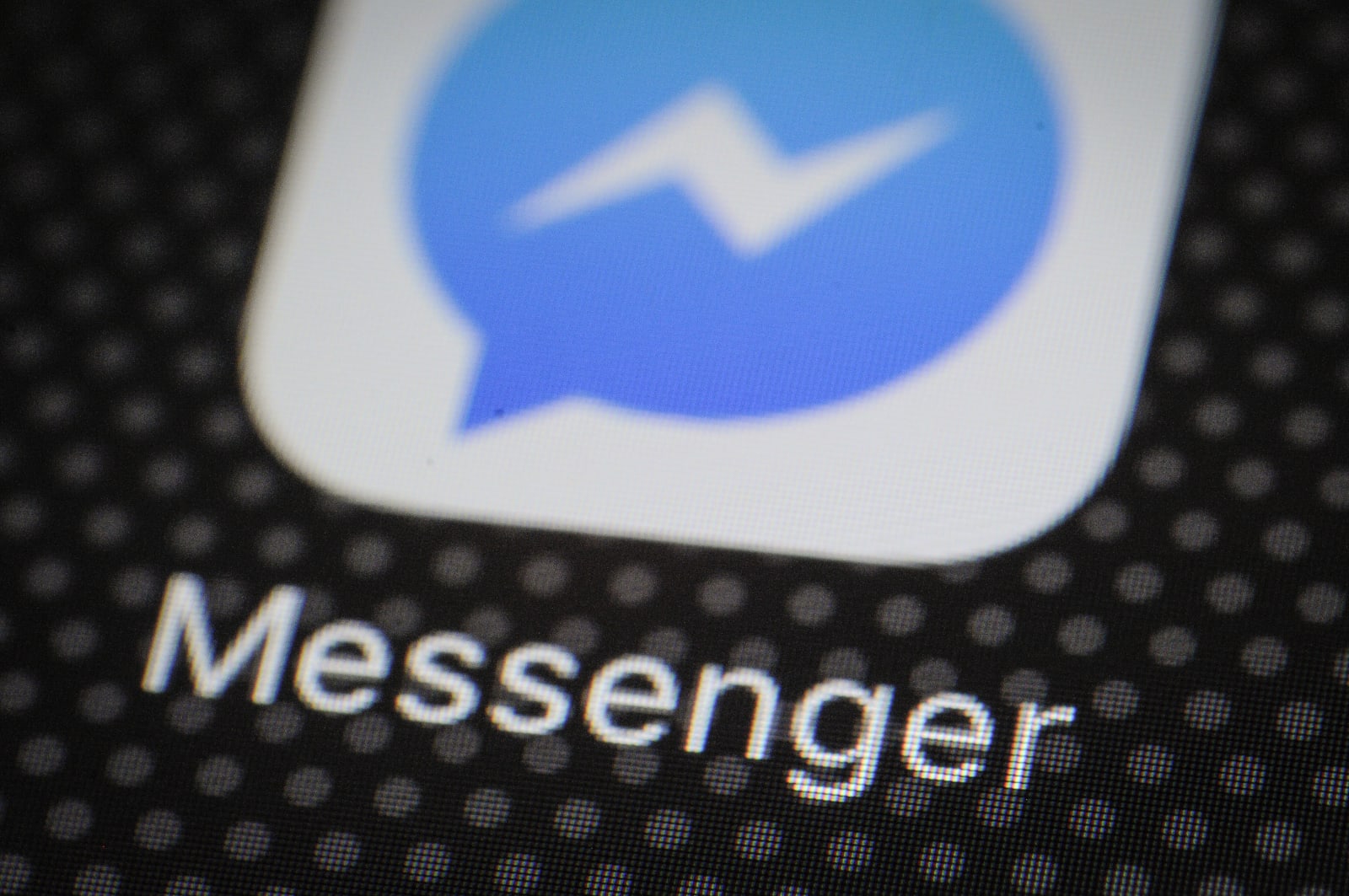
Apparently, it tastes like hummus.
Cotton has many purposes. It is good for T-shirts. It is good for Q-tips. But, with the exception of one catastrophic fad diet, it has not been good for eating. Now that may be changing: On Tuesday, the US Department of Agriculture’s Animal and Plant Health Inspection Service gave researchers at Texas A&M their stamp of approval for a new type of cotton plant that’s been genetically engineered to make the seeds safe for human consumption, Bloomberg reports.
You have probably not been dying to eat cottonseed. But this is potentially a big deal: Cottonseed is high in protein, and there is a lot of cotton in the world: According to the San Antonio Express-News, it’s grown by “nearly 20 million farmers in 80 countries, many with high rates of malnutrition.”
And so cottonseed could be a solution — if only people could eat it. But it’s poisonous to many animals, including people, due to a toxin called gossypol, which, New Scientist explained, “lowers blood potassium to dangerous levels, resulting in fatigue and even paralysis.” (It is, however, digestible by cows.)
For 23 years, Keerti Rathore, a professor at Texas A&M and lead researcher on the project, has been working to engineer a solution to the issue. “You could meet the basic protein requirements of hundreds of millions of people” with the seeds, he told the San Antonio Express-News, which pointed out that “all the chicken eggs produced in the world right now (1.4 trillion) couldn’t meet the protein in what’s being produced in cottonseed.”
The quest to make cottonseed edible
For every pound of cotton fiber, a cotton plant produces 1.6 pounds of seeds. That’s 50 million tons of cottonseed annually, the International Cotton Advisory Committee reports.
Right now, about 5 percent of those seeds get planted, according to the National Cotton Council of America, and the rest is used, in various forms, for livestock feed, fertilizer, and cottonseed oil, which people can and do consume. But because of the gossypol, cottonseed itself hasn’t been a source of human food.
For decades, scientists have been trying to change that. In the 1950s, the discovery of a gossypol-free cotton on the Hopi Indian reservation in Arizona seemed like it might offer an edible solution. But without gossypol, the plants were “eaten alive in the fields,” the San Antonio Express-News says, and so weren’t commercially viable. Attempts to breed gossypol-free cotton plants in the ’60s and ’70s ran into the same problem: Without gossypol, insects ate them.
“It was something that a lot of people had been trying to do,” Rathore told the paper. “We did have competition from Australia and China.” But he and his team are the first to engineer a workaround.
The difference is that the new cotton plant does have gossypol — but not in the seeds
The big innovation here is that Rathore’s transgenic cotton plant isn’t gossypol-free. By inserting “a new piece of DNA” into the plant, NPR explained, the team was able to keep the seeds from producing gossypol, while maintaining normal levels in the rest of the plant.
“More than half a billion people across the world may have access to a new form a protein,” Texas A&M University Chancellor John Sharp said in a release announcing the USDA approval.
Unfortunately — or fortunately? — edible cottonseed won’t be anything like cotton candy. “It’ll taste like hummus,” Rathore told Bloomberg. “It’s not at all unpleasant.”
“Not at all unpleasant” is not necessarily a ringing endorsement, although it is worth remembering here that hummus is very good. Kater Hake, the president of Cotton Inc., which provided funding for the project, offered a list of other possible forms cottonseed might someday take: milks, nut butters, and “chopped-nut substitutes.” The protein could also be extracted and used in energy bars or flours, to make protein-enhanced breads.
Rathore’s immediate goal, he told NPR, is to see the plant growing in places like India, where he grew up. “A lot of these countries that do suffer from malnutrition are also cotton producers,” he said. “So I think that those countries may benefit much more from this technology.”
There are still a lot of steps before any of this actually happens
The USDA approval means anybody in the US can theoretically grow the modified plants. But before they can be sold as “food or feed,” NPR explained, the seeds need approval from the Food and Drug Administration. That’s expected to happen in “the next few months,” per the San Antonio Express-News.
Even once that happens, it’s still going to be a while before anyone, anywhere, is eating any cottonseed hummus. “It will take a couple of years before there’s enough seed for a commercial-scale run at a cottonseed oil mill,” the paper said, “and an agreement will have to be reached with a seed company willing to market the trait for cotton farmers worldwide.” Right now, the university is in talks with potential distributors.
How will this all play out in reality? That remains to be seen. But it’s good to see Big Cotton — an industry with a troubled past and present — potentially involved in some humanitarian good.




 If Qualcomm ever prevails in its patent dispute with Apple, it could have ample compensation coming its way. The chip designer told a San Diego federal court on October 26th that Apple was allegedly $7 billion behind in device royalty payments -- no...
If Qualcomm ever prevails in its patent dispute with Apple, it could have ample compensation coming its way. The chip designer told a San Diego federal court on October 26th that Apple was allegedly $7 billion behind in device royalty payments -- no...

 If you slept on Dream Daddy, one of Engadget's best games of 2017, you'll soon have another way to play the charming dating sim as the "Dadrector's Cut" is headed to PS4. You'll be able to try it on console for the first time October 30th.
If you slept on Dream Daddy, one of Engadget's best games of 2017, you'll soon have another way to play the charming dating sim as the "Dadrector's Cut" is headed to PS4. You'll be able to try it on console for the first time October 30th.




 Via
Via  Netflix already rebooted one iconic '80s cartoon in Voltron, now it's trying its hand at another with the upcoming release of She-Ra and The Princesses of Power. (That's He-Man's twin sister for those too young to remember Masters of the Universe or...
Netflix already rebooted one iconic '80s cartoon in Voltron, now it's trying its hand at another with the upcoming release of She-Ra and The Princesses of Power. (That's He-Man's twin sister for those too young to remember Masters of the Universe or...
 You're in luck if you were enticed by AMD's second-generation Threadripper CPUs but felt that going all-out on the 32-core model was a little too over-the-top. The chip designer has announced that the 12-core Threadripper 2920X and 24-core 2970WX wi...
You're in luck if you were enticed by AMD's second-generation Threadripper CPUs but felt that going all-out on the 32-core model was a little too over-the-top. The chip designer has announced that the 12-core Threadripper 2920X and 24-core 2970WX wi...

 As part of a case involving members of the MS-13 gang, the US Department of Justice has been pushing to get access to Facebook Messenger voice calls. It even attempted to hold Facebook in contempt of court last month when the company pushed back on a...
As part of a case involving members of the MS-13 gang, the US Department of Justice has been pushing to get access to Facebook Messenger voice calls. It even attempted to hold Facebook in contempt of court last month when the company pushed back on a...
